Many of us show our love for our pets with snacks and treats, sometimes too many, and the wrong types. Sometimes we overfeed our pets at mealtimes simply because we are unclear how much to feed. Although pets may gain too much weight for a variety of reasons, the result is inevitably the same—an increased risk of multiple health problems. Fortunately, we can usually make small adjustments to maintain our pets at a healthy weight. Here are five simple do’s and don’ts compiled by the Lebanon Animal Hospital team to help you maintain your dog or cat at a healthy weight.
#1: DO weigh your pet regularly
Because we see our pets every day, we may not notice their weight gain. Some pets are so fluffy their weight gain can be hidden by their beautiful coat. Weighing your pet regularly and knowing their actual number of pounds can help prevent a small problem from becoming a big one. Try to weigh your pet at least once a month. If your pet is small, pick them up, and weigh the two of you together on your bathroom scale. Then, weigh yourself without your pet, and subtract the difference. If your pet is too large to pick up, contact your groomer, your pet supply store, or our hospital and ask if you can come in to weigh your pet. Write down your pet’s weight to keep track—if you see a slow upward trend over three months or a big increase from one month to the next, make an appointment with our veterinary team to discuss weight management foods and strategies.
#2: DO read the pet food feeding guide
You can find guides for the amount to feed your pet on the bag of food itself, or on the website for that brand of food. Each guide is specific for a particular type of food, so ensure you use the guide only for the exact canned food or kibble the instructions refer to. Once you know your pet’s weight, check the guide for the exact amount of food they should be eating over a 24-hour period, so if you are feeding them twice a day, each meal should be only half that amount. Remember—that’s the total amount your pet should eat, including treats and snacks.
#3: DON’T guess how much you’re feeding your pet
Most pet food guides use an 8-ounce cup as the basic measurement unit, such as a half- or quarter-cup of kibble. Using an actual measuring cup to prepare your pet’s meal ensures more accurate portion control. Coffee mugs and scoops, while convenient, often hold more food than needed and can lead to overfeeding.
#4: DO try keeping a food diary for your pet
People trying to lose weight often find a food diary helpful, and keeping a record can work for pets as well. For one week, have the whole family commit to keeping track of everything fed to your pet, including snacks. Maybe your spouse is giving your pet too many treats. Maybe the kids give the dog the pizza crusts. Maybe your cat cons the babysitter into a second breakfast each morning. At the end of the week, study the diary to figure out if and when overfeeding occurs, and then involve the whole family in deciding how best to ensure your pet is no longer given too much to eat.
#5: DON’T reward your pet exclusively with food

If you want to reward your pet for being well-behaved, or simply to let them know how much you love them, remember that a reward does not need to be edible to be appreciated. A favorite toy brought out only at special times can be the best treat for some pets. For others, a good belly rub, a soap bubble extravaganza, or simply being allowed to sit on the sofa lets them know they’ve been good. Positive interactions can often be more rewarding to your pet than the most delicious snack—and won’t add extra weight.
Our Lebanon Animal Hospital team is happy to discuss your pet’s diet. We know helping your pet stay fit and trim, or lose weight, can be challenging, but it can be done. Dr. Craig’s Labrador retriever, Moose, lost a whopping 25 pounds this year using these techniques, and is moving and feeling better, thanks to some simple diet changes. Schedule a visit, or during your pet’s next wellness visit, let us strategize weight management techniques for your pet. We can also provide specific diets that support healthy weight management and help prevent the diseases that can affect too-heavy dogs and cats.



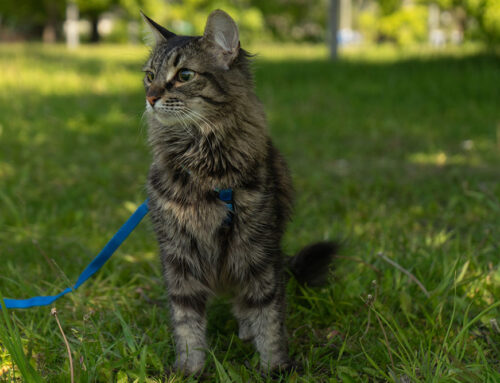
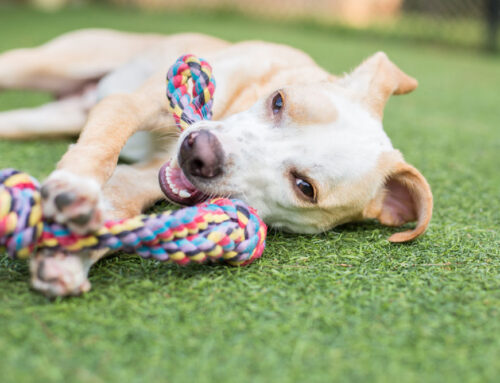
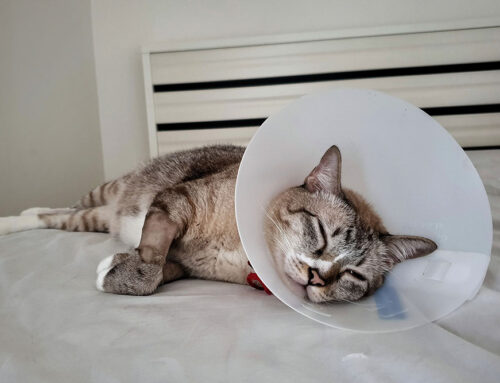
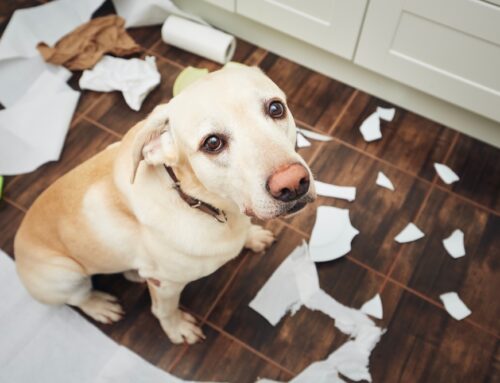
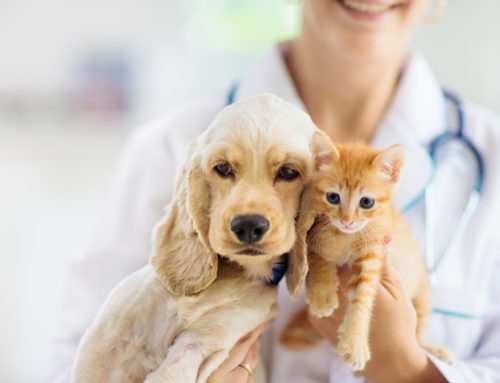
Leave A Comment